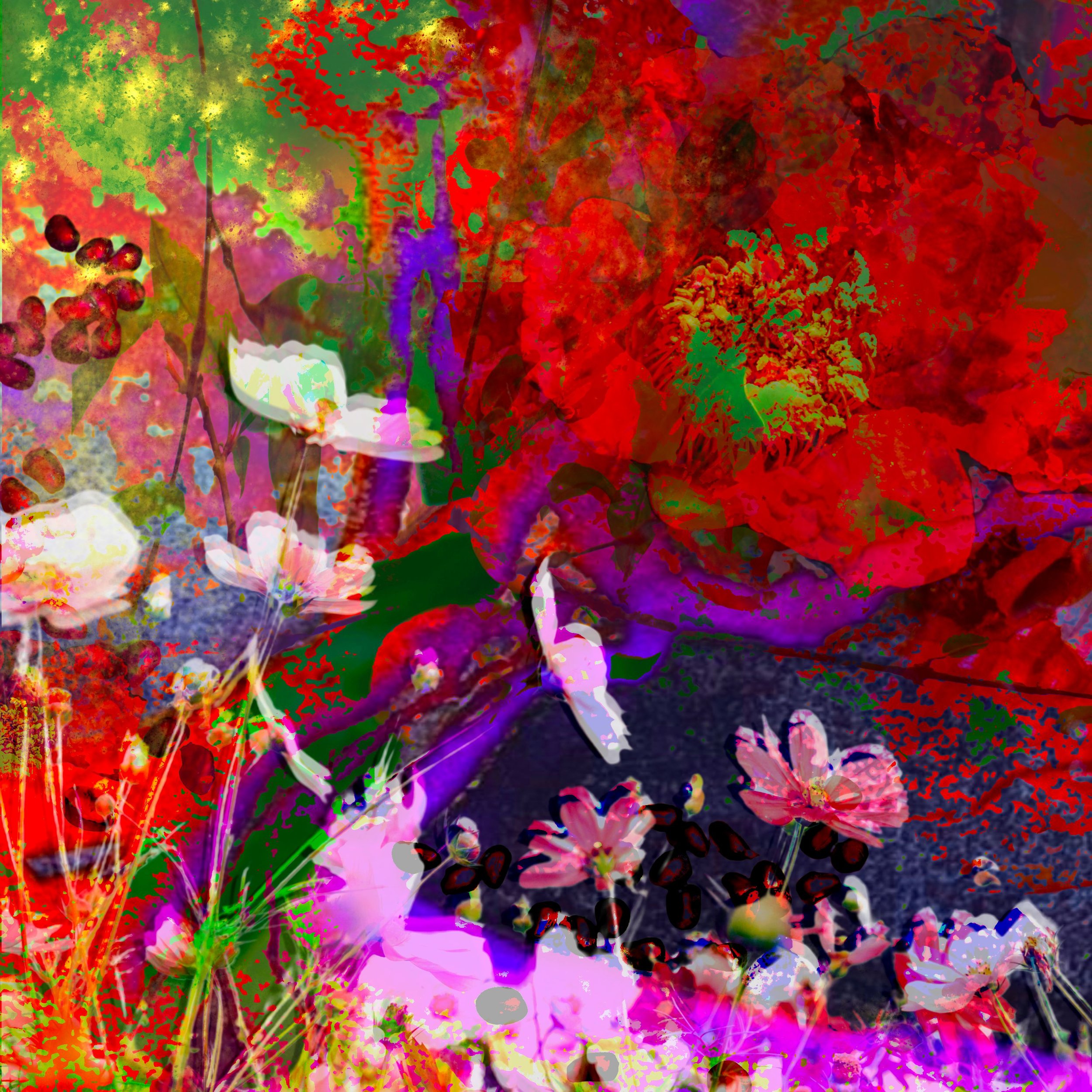Footfall of the Flower Spring
When a spark of inspiration finds me, it draws me in completely. I need to drink in as much information about it as possible. My social feeds transform within days and stacks of new books spill from my nightstand onto the floor. If you know my personally, you’ll begin to notice it sprinkled into our conversations. If we are very close, that sprinkle becomes a passionate downpour of penguin pebbles disguised as TikTok videos, book recommendations, and interesting facts.
It floods into my studio, saturating everything with new, creative life.
For the past year, I’ve been swimming in ancient Greek myths and modern retellings. What started as casually listening to a children’s mythology podcast with my son on long car rides quickly became a revisiting of tales I hadn’t read since high school. Of these, the story that draws me in time and again is Persephone’s.
“Demeter had an only daughter, Persephone, the maiden of the spring. She lost her and in her terrible grief she withheld her gifts from the earth, which turned into a frozen desert. The green and flowering land was ice-bound and lifeless because Persephone had disappeared.”
- Edith Hamilton, Mythology: Timeless Tales of Gods and Heroes
In ancient texts, Persephone is treated as little more than a beautiful object possessed by and passed between her mother and her husband. With little of her perspective represented, it’s unsurprising that so many modern writers reimagine her story. Newer iterations tend to explore Persephone wading through a sea of trauma, leaving her innocence behind in order to gain the strength to step into her power as queen of the Underworld.
Rachel Smythe, Lore Olympus
Though ancient mythographers and poets centered Demeter’s grief over her missing daughter, modern writers, like Rachel Smythe and Scarlett St. Clair, depict the goddess of the harvest as controlling, stifling, and in many ways, more of a prisoner to Persephone than Hades. Conversely, the king of the Underworld is softened, romanticized, and usually as lonely as Persephone; their bond becoming the catalyst for Persephone’s growth and self discovery. Others, like poet Trista Mateer, dive headfirst into the goddess of spring’s isolated upbringing, betrayal by her absent father, and abduction, allowing Persephone to find wisdom and power in her own self reflection:
I can return to the meadow,
but I can never be that girl again.
Not knowing what I know now.
- Trista Mateer, Persephone Made Me Do It
Much like the first day of Spring, these modern deconstructions of
birth/death
girl/woman
freedom/prison
weakness/power
innocence/wisdom
give Persephone new life and, finally, a voice to tell her own story in ways that mirrors so many of ours, inviting contemporary readers to explore our own contradictions and complexities.
Works inspired by Persephone’s story:





